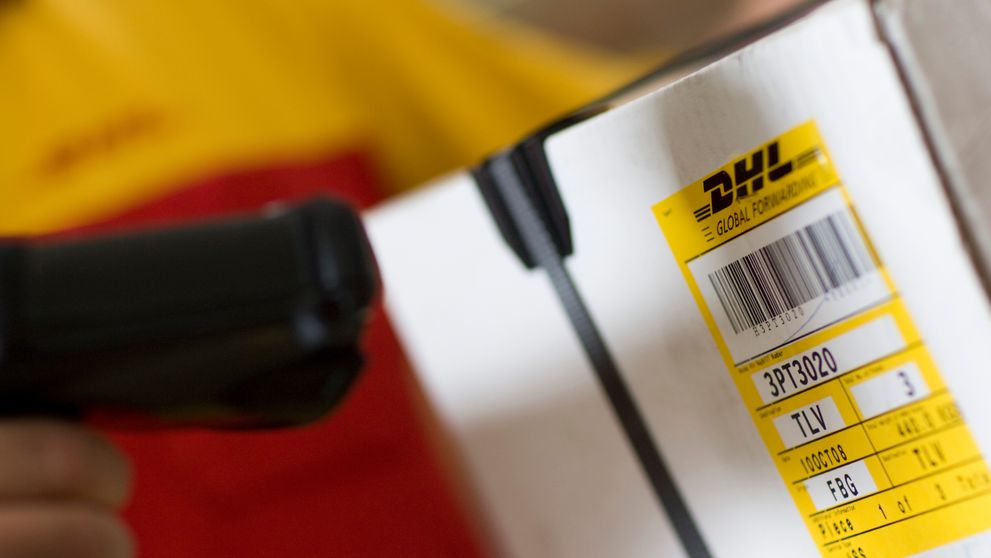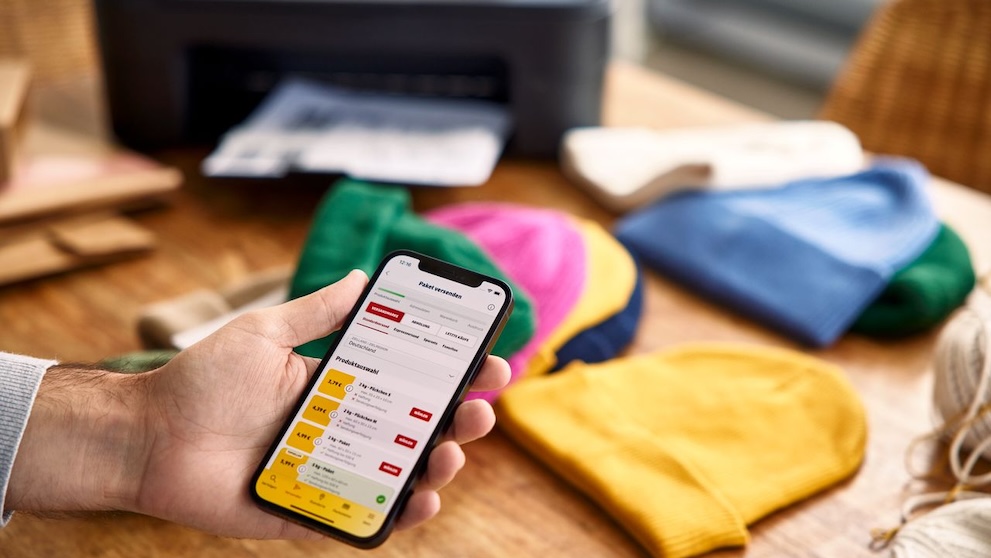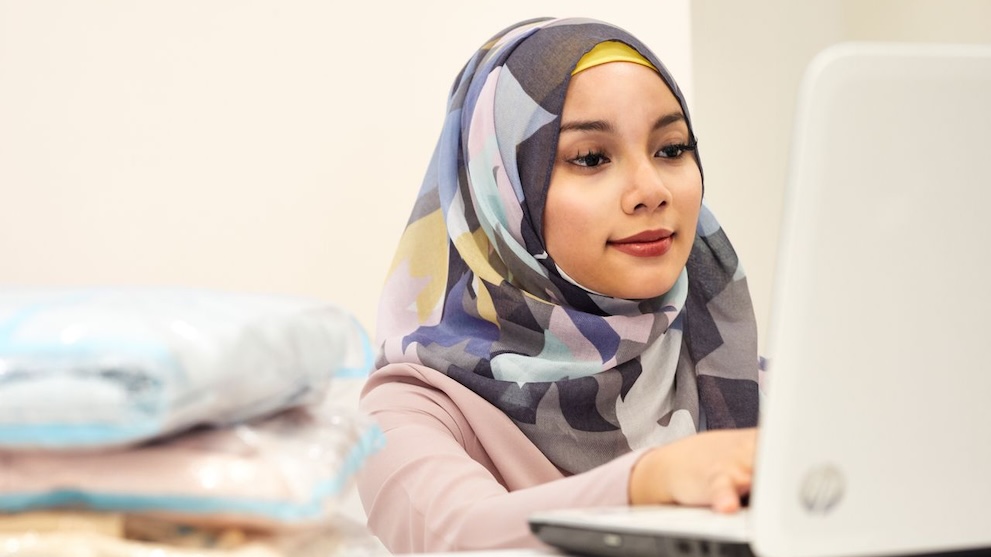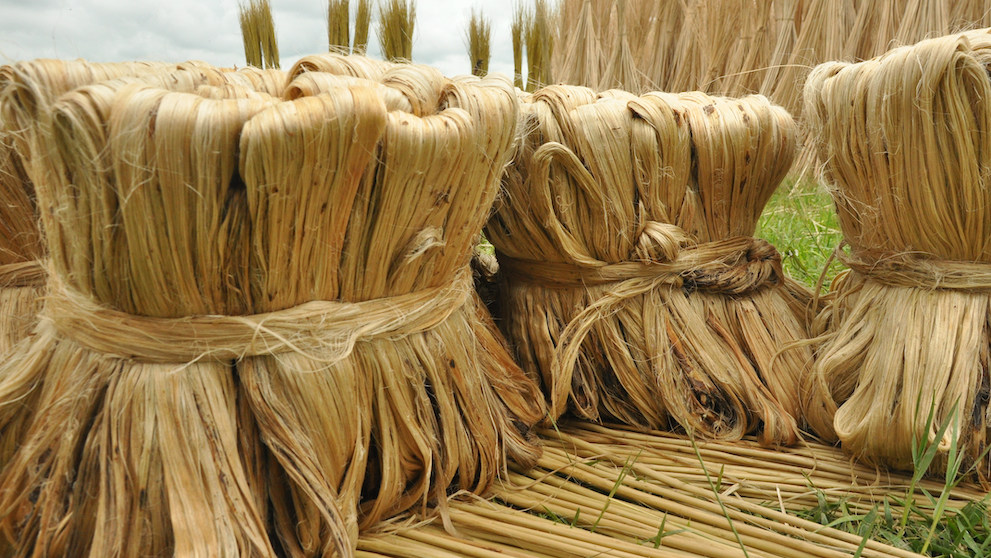The United States (US), the world's largest economy, has been a significant import and export partner for Bangladesh for many years. A staggering amount of US$672 million worth of goods and services was traded between the two nations in February 2023 according to the Observatory of Economic Complexity (OEC). Moreover, the US has emerged as Bangladesh's top trading partner, as found by the World Integrated Trade Solution (WITS).
This lucrative relationship provides a myriad of opportunities for businesses in Bangladesh to expand their global footprint.
Main export items of Bangladesh
Bangladesh is one of the world's largest exporters of garments and clothing accessories. The country’s current garments share in the American market is about 9.8%, which means one in every ten clothes in the US come from Bangladesh.
And this market share is still growing. In fact, the growth rate of American orders for apparel from Bangladesh is outpacing imports from major clothes producer China for the first ten months of 2022, according to data gathered by the US Department of Commerce.
From January to October 2022, US imported Bangladeshi-made apparel worth around US$8.5 billion. This marked a 49% increase from the value of similar imports during the same timeframe in 2021, as reported by the Office of Textiles and Apparels (OTEXA) at the US Department of Commerce.
For Bangladeshi businesses looking to ride the wave of textile and garment exports to the US, it’s essential to thoroughly understand US import regulations as non-compliance can lead to goods being held at the border or other penalties.
1. Restricted and prohibited import items to US from Bangladesh
The most important factor Bangladeshi exporters must be aware of is the list of restricted and prohibited import items to the US.
Prohibited refers to items that are legally banned, such as unsafe toys, cars lacking adequate safety features, bush meat, or illicit substances like absinthe and Rohypnol.
Meanwhile, restricted items require specific licenses or permits from a US federal agency before they can be legally imported. These include firearms, certain fruits and vegetables, animal-based products, by-products, and certain species of animals.
Refer to the complete guide to prohibited and restricted commercial imports on the US Customs and Border Protection (CBP)’s website.
2. US duties and taxes for Bangladesh exports
Next, Bangladeshi businesses should take note of the taxes and duties imposed on their products, which can affect their total shipping costs.
Generally, goods valued over US$800 are subject to duties and taxes in the US. However, this US import tax threshold only applies to certain goods. There are exclusions that can be imported duty-free and are not liable for customs tariffs.
Besides duty tax, additional fees such as the Federal Excise Tax, user fees, Merchandise Processing Fee, and Harbour Maintenance Fee may also apply.
How to pay US import taxes and tariffs
Duty tax can be paid in US currency using US personal or government cheques payable to the CBP. Identification such as a passport or US driver's license is required at payment. Some locations also accept credit card payments.
3. US product standards for Bangladesh imports
US product standards for Bangladesh imports are a complex topic because they can vary widely based on the specific product category.
Below are the agencies that oversee these standards:
- Consumer Product Safety Commission (CPSC): The CPSC oversees the safety of products such as toys, cribs, power tools, cigarette lighters, and household chemicals. It has stringent guidelines to ensure that products are safe for use or consumption.
- Federal Trade Commission (FTC): The FTC promotes consumer protection as well as eliminates and prevents anti-competitive business practices.
- Food and Drug Administration (FDA): The FDA has regulations for food, drugs, medical devices, electronic products that emit radiation, cosmetics, veterinary products, and tobacco products. For example, food products must be safe, sanitary, and labeled according to FDA guidelines.
- Environmental Protection Agency (EPA): The EPA sets standards for environmental safety, which impacts categories such as vehicles, engines, pesticides, and chemicals.
- Department of Agriculture (USDA): The USDA sets standards for meat, poultry, and egg products, ensuring they are safe, wholesome, and correctly labelled and packaged.
- National Highway Traffic Safety Administration (NHTSA): The NHTSA sets standards for vehicles and vehicle equipment, including tyres.
- Federal Communications Commission (FCC): The FCC regulates interstate and international communications by radio, television, wire, satellite, and cable.
The FTC and the CPSC are the main standard-setting bodies for Bangladesh's textiles and clothing imports. The FTC requires that textiles be labelled with the fibre content, the country of origin, and the identity of the manufacturer or another business responsible for marketing or handling the item. Meanwhile, the CPSC has safety standards such as flammability standards for clothing.
All Bangladesh imports must also abide by US customs regulations, which include proper invoicing, packaging, and marking of the country of origin, which will be covered below.
4. US labelling and packaging rules for Bangladesh imports
The US has specific labelling and packaging requirements to ensure that consumers receive accurate information about the products they purchase from Bangladesh.
Labelling requirements related to legal metrology (i.e. products and commodities sold in package form by weight, measure or count) must adhere to the Fair Packaging and Labeling Act (FPLA) and the Uniform Packaging and Labelling Regulation (UPLR).
Fair Packaging and Labeling Act (FPLA)
This Act primarily concerns information about the net quantity of contents on packages, goods, or commodities sold based on weight or measure. This doesn't apply to products like electronics or industrial equipment whose contents are not sold by quantity.
Under the Act, Bangladesh imports must carry the following labels:
- Declaration of identity
- Declaration of responsibility (name and address of manufacturer, packer, or distributor)
- Declaration of net quantity, servings, or uses
Uniform Packaging and Labelling Regulation (UPLR)
The Uniform Packaging and Labeling Regulation (UPLR) mandates that all consumer packaging display a label providing the following information:
- Commodity's identity
- Name and business location of the manufacturer, packer, or distributor
- Net quantity of contents in terms of weight, mass measure, or numerical count is displayed prominently on the principal display panel.
It's important to note that all 50 states in the US enforce their own packaging and labelling regulations. Even if a product is exempt under UPLR, state laws requiring packages to display information about identity, responsibility, and quantity can still be applicable.
Country of origins marking
Every imported item (or its container) of foreign origin must also carry a clearly visible, permanent, and indelible marking in English, indicating the country of origin. The marking should be placed so that it's easily noticeable to the final purchaser in the US at the time of importation, taking into account the nature of the item (or container).
5. US Intellectual property rights for Bangladesh imports
The US is known for its robust intellectual property laws that protect copyrights, trademarks, patents, and trade secrets. Before exporting, Bangladeshi businesses should ensure that their products or services do not infringe upon any existing intellectual property rights.
CBP actively targets and confiscates imports that are counterfeit or pirated. They also enforce exclusion orders on goods that infringe patents and violate other Intellectual Property Rights (IPR).






































